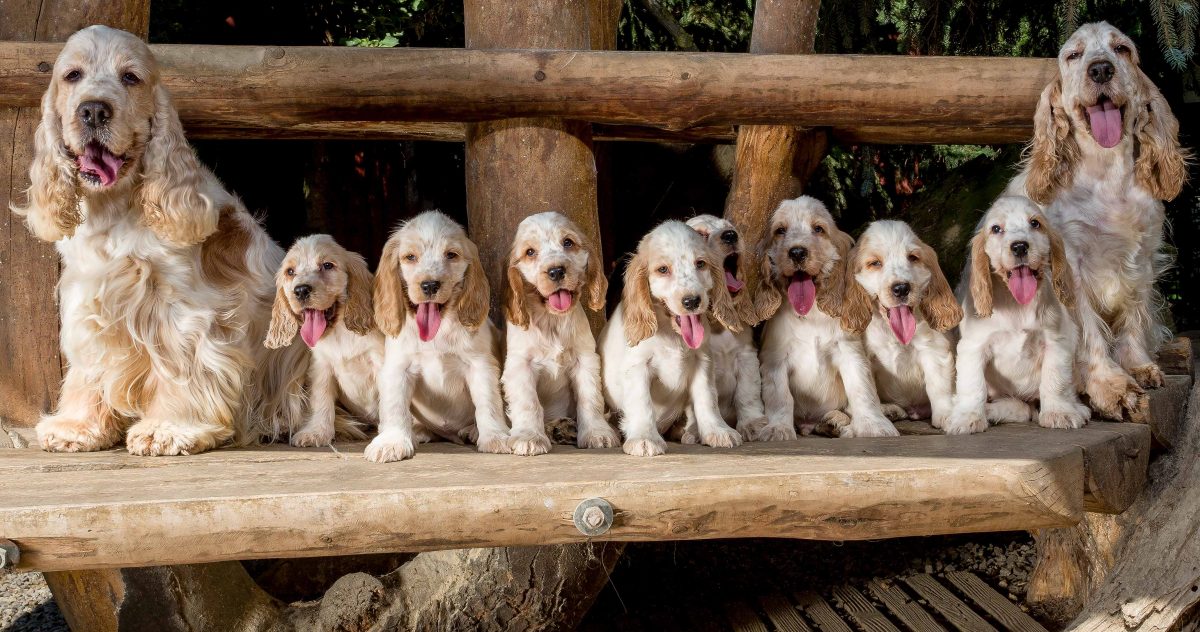Although control of livestock herds is now considered an important issue, there are a number of veterinary clinics that offer spaying/neutering at drastically reduced prices compared to a typical local vet. You can even search online for coupons and special offers that will save you the cost of neutering your pet.
Even if you initially pay for the cost of spaying or neutering, this will pay off in the long run, as the pet will live a long and healthy life without getting pregnant or having another animal.
Prices for surgery vary, and some clinics offer additional services, but prices vary. Prices vary according to state, district, state - art facilities as well as according to the location and location of the clinic.
The procedure to neuter or neuter a dog can vary from $200 per dog to $300 for some dogs. The cost of neutering your dog at the Humane Society's low-cost clinic can range from $45 to $135, depending on the dog's weight.
The cost of neutering, a more complicated operation, usually ranges from $50 to $175, but clinics and veterinary clinics can charge between $200 and $300 or more, depending on the dog's weight.
Getting your cat or dog spayed or neutered, also known as a fix, is a great way to ensure the health and well-being of your pet over time. The Spay / Neutral Program offers cats and dogs with income from eligible applicants inexpensive Spay / Neutral services. Those eligible can spy on and neuter up to two pets in a fiscal year for $20 each.
The decision to neuter or neuter your pet is important and can be one of the best decisions for your long-term well-being. Spay/neutering at a young age offers enormous health benefits for both the pet and the entire community. This important decision can be beneficial for you and your pets in several ways.
Castration or neutering of a cat at a young age, i.e. already at the age of 6 months, can reduce the probability of developing breast cancer from 1 in 20,000 to 0.5 in 10 years.
Castration of a male significantly reduces his tendency to stray and completely eliminates the risk of testicular cancer. Shelters have the opportunity to carry out low-cost castrations because they receive subsidies. Some animal shelters perform the surgery free of charge, while prices vary between neutering a dog and the cost at a veterinary clinic or veterinary clinic.
You can even meet students who work in shelters and perform the surgery for free, such as veterinarians from the Humane Society of the United States or the American Veterinary Medical Association.
Your veterinary clinic or practice will provide you with important pre-operative instructions before castration, and it is important to follow them. Veterinary clinics that have well-trained teams of veterinarians, such as the Humane Society of the United States or the American Veterinary Medical Association, can spot puppies as young as 2 or 3 months old. Talk to your veterinarian about the cost of neutering your puppy, as well as any other questions about your pet's health.
In general, pet owners should avoid giving their pets dog food after midnight or the evening before a neutering appointment and before or after a neutering appointment.
Discuss all these variables with your veterinarian or clinic representative, including when is the best time to neuter or neuter your dog.
If you have a pregnant dog or if your dog is in the heat, the procedure can be more expensive depending on the size of the dog and the type of dog you neuter. For example, if you are pregnant or your pregnant dogs are infertile, neutering can cost up to $100 more.
When you get a new pet in your life, you have to overcome the problem of neutering or neutering your new addition.
It is the cost of castration and neutering that prevents many pet owners from having these services performed on their animals. These procedures often cost more than male castration, but they help prevent fatal breast cancer and other diseases in female animals for which there is no spaying / neutering service.

